I know it’s a cliché. But summer’s over already?
Well, I’m an optimist. The silver lining of going back to school? The return of The Basil Report!
The 2011 Basil Report – the last year of the Report – will be an exciting one. In November, Republicans may take control of one or both houses of Congress. The next several months will determine whether or not the United States falls back into recession; continues to grow at a snail’s pace, practically a quasi-recession; or manages to produce robust growth. The Iraq War is entering the history books and the Afghan war is heating up.
Beyond these headline topics, I’d like to take a look at some of the most serious issues facing America in the coming decades. The United State’s deteriorating educational standing worldwide. The vanishing blue-collar middle class and the increasingly two-tier economy. Climate change and the possibility of peak oil. The growth of suffocating debt that will come with a graying population. Most importantly, the decline of American hegemony and the rise of China, India, and multipolarity.
We begin with a look at the current state of the economy. Get ready for the best year of the Report yet.
The State of the American Economy
There have been bottles upon bottles of (figurative) ink spilled over the current economic mess that we in the United States and the rest of the developed world find ourselves in. I don’t need to add another article to the heap of those that already exist. However, I would like to add one thing: perspective.
There is no denying it. America’s economy, as the President recently put it, has been driven into a ditch. The broadest measure of unemployment has been hovering above 16% for 15 months and the more standard rate around 10%; monthly job growth can’t even keep pace with America’s growing population, let alone reabsorb the unemployed. The average duration of unemployment is distressingly high.
Gross domestic product growth is eye-wateringly weak and, with the end of the stimulus, probably won’t be going anywhere anytime soon. Housing sales have just hit another record low and prices could still drop further. Manufacturing, maybe the closest thing to a bright spot in this recovery, has been hit with nearly a month of bad data.
However – here’s the perspective – as hard as it is to believe, it could have been worse.
Yeah, you’ve heard the Obama administration trumpet this same message as the President and his team scrambles to minimize losses in the November election. The thing is: they’re right.
Some have forgotten just how close the United States and the world came to total economic meltdown…Great Depresssion 2.0 would have been no exaggeration.
The Obama administration, the lame-duck Bush administration, and, perhaps most importantly, the Federal Reserve took extraordinary, historically unprecedented steps to save the financial system and prop up the economy.
Some have forgotten just how close the United States and the world came to total economic meltdown in late 2008 and early 2009. (Others, for political convenience, have chosen to ignore it.) As a result of the disastrous deregulation policies that began with Presidents Carter and Reagan and continued under presidencies of both parties, the world was brought to the brink. Great Depression 2.0 would have been no exaggeration.
The collapse of the housing bubble
Let’s go back to the most immediate cause of the crisis: the collapse of the housing bubble. As home prices came crashing down and subprime borrowers who took out mortgages they couldn’t afford defaulted on their debt, the financial industry lost billions.
One after another, the Big Five stand-alone investment banks on Wall Street were brought down.
Bear Stearns – saved with government aid.
Lehman Brothers – allowed to fail, with disastrous consequences.
Merrill Lynch – sold at the auction block.
Morgan Stanley and Goldman Sachs – the only two investment banks left standing – were infused with massive loans by outside investors and forced to convert to commercial banking.
The crisis spread to other commercial banks. Citigroup, Bank of America, Wells Fargo, and JP Morgan were brought to their knees. The fire sale of Wachovia. The failure of Countrywide and Washington Mutual. The poison spread to the rest of the American economic system and around the world with lightning speed. AIG. GM.
In short, we were peeking over the abyss, with the ground beneath us crumbling.
Bailing out a sinking ship
Extraordinary action saved us. Trillions of dollars were pumped into the economy by Federal Reserve chairman Ben Bernanke, a Great Depression scholar. The Obama economic team injected nearly a trillion more in tax cuts and spending.
This was completely unprecedented. The last time an economic crisis of this magnitude hit (read: the Great Depression), the Federal Reserve and Washington actually tightened their belts. The bold action this time around halted economic freefall.
That is no conjecture. According to the nonpartisan Congressional Budget Office (CBO), 3.3 million more Americans would be out of work without the Obama administration’s stimulus.
According to separate independent analysis by the financial company Moody’s, the stimulus and bailouts combined prevented 8.5 million further job losses, an economy 6.5% smaller, and deflation (the “flation” that’s even scarier than inflation).
In other words, we should be incredibly mindful of and thankful for the emergency policies enacted by the late Bush administration and the Obama administration. However, as I wrote at the beginning of this piece, in this “quasi-recession” of extremely low economic growth, things are by no means rosy.
Still, it could have been much worse.




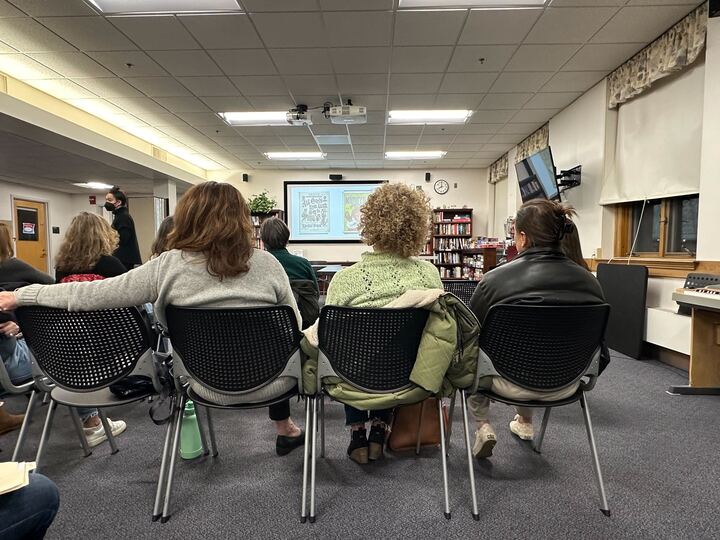







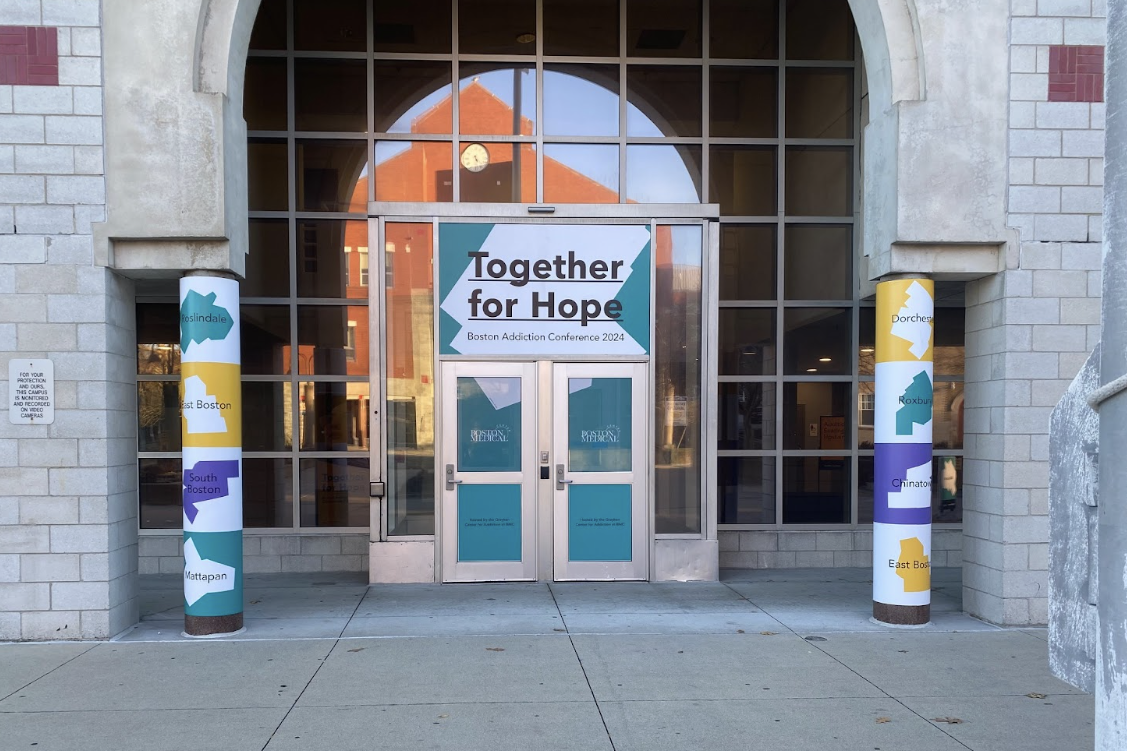
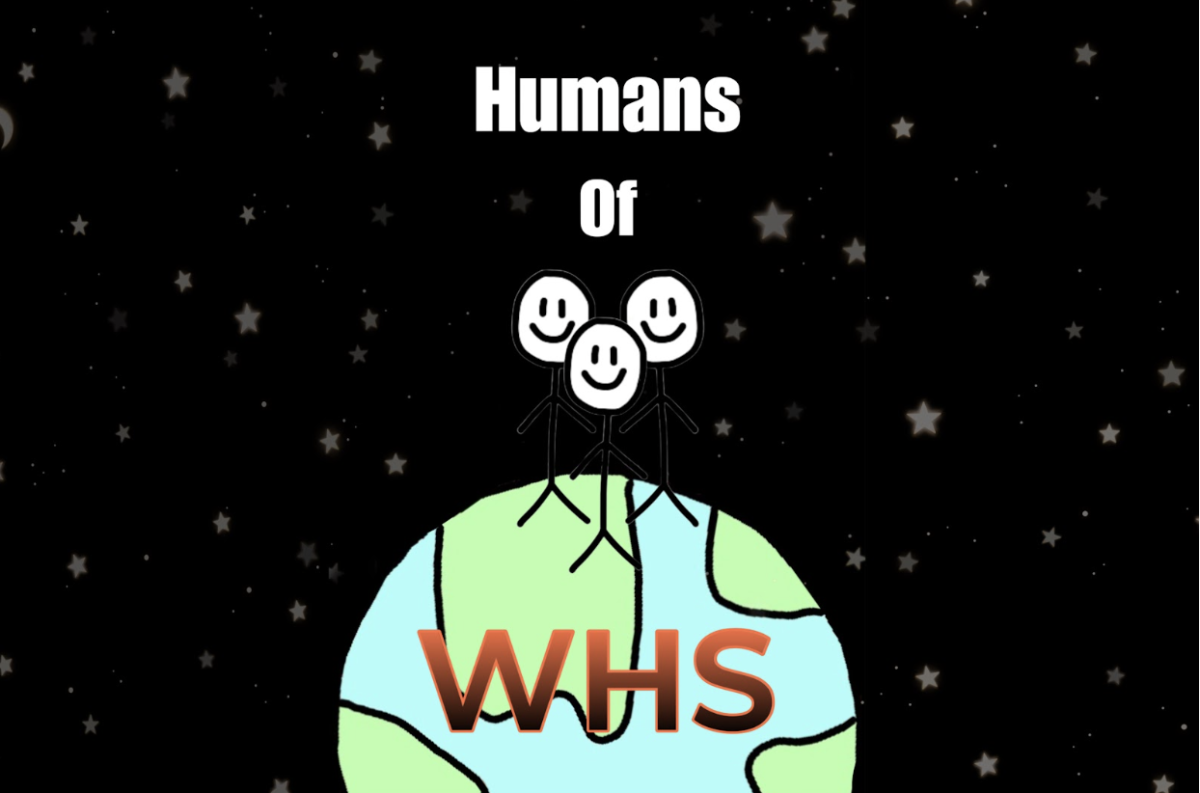





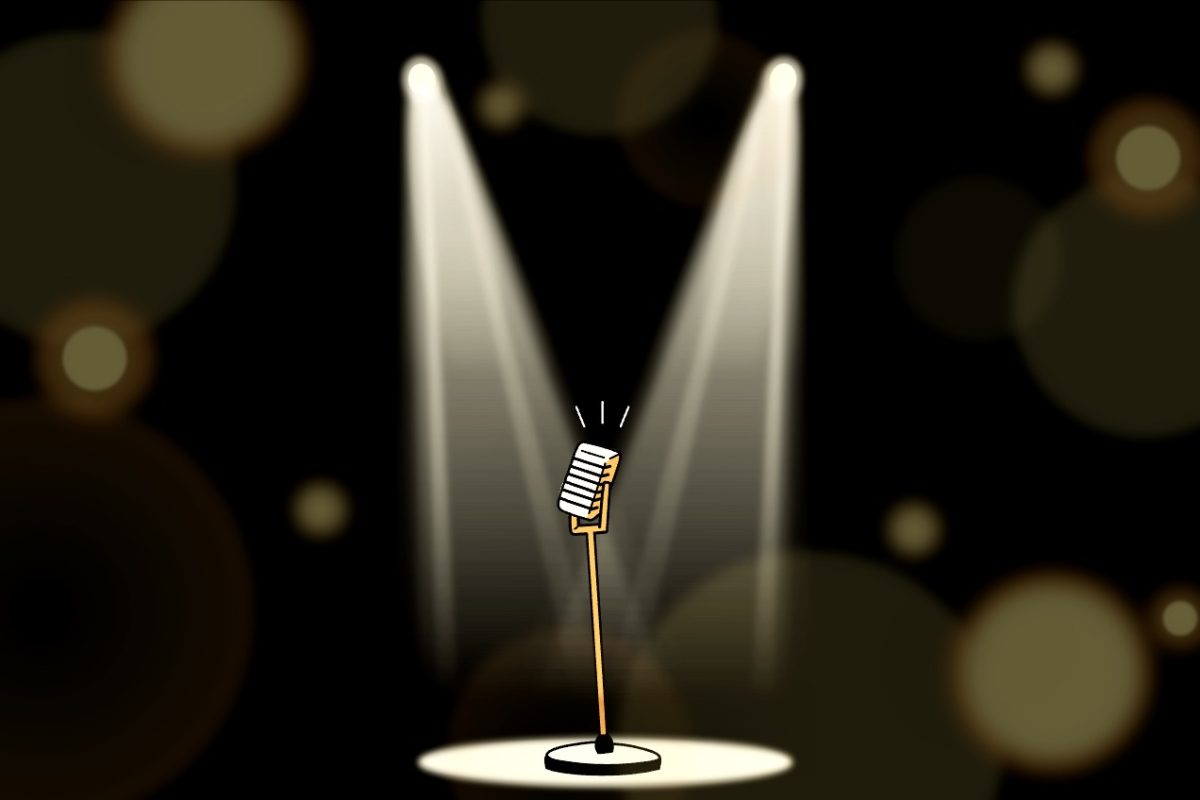


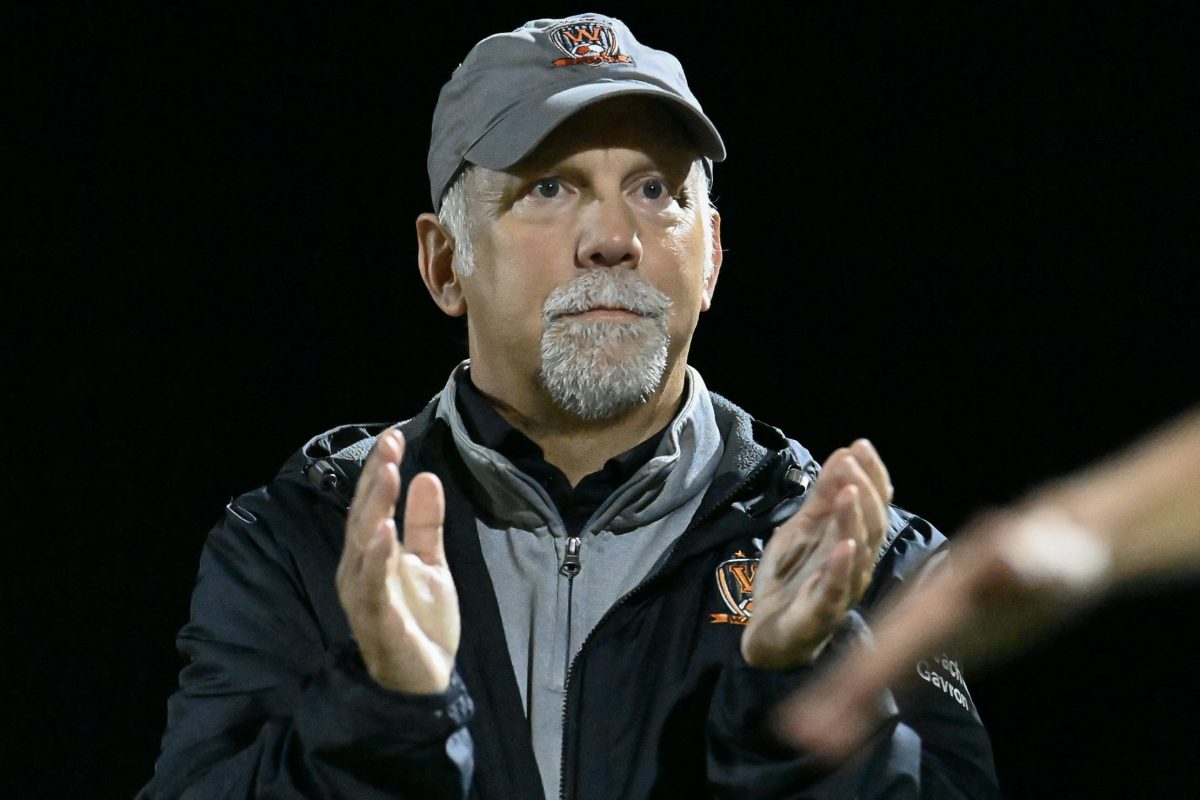















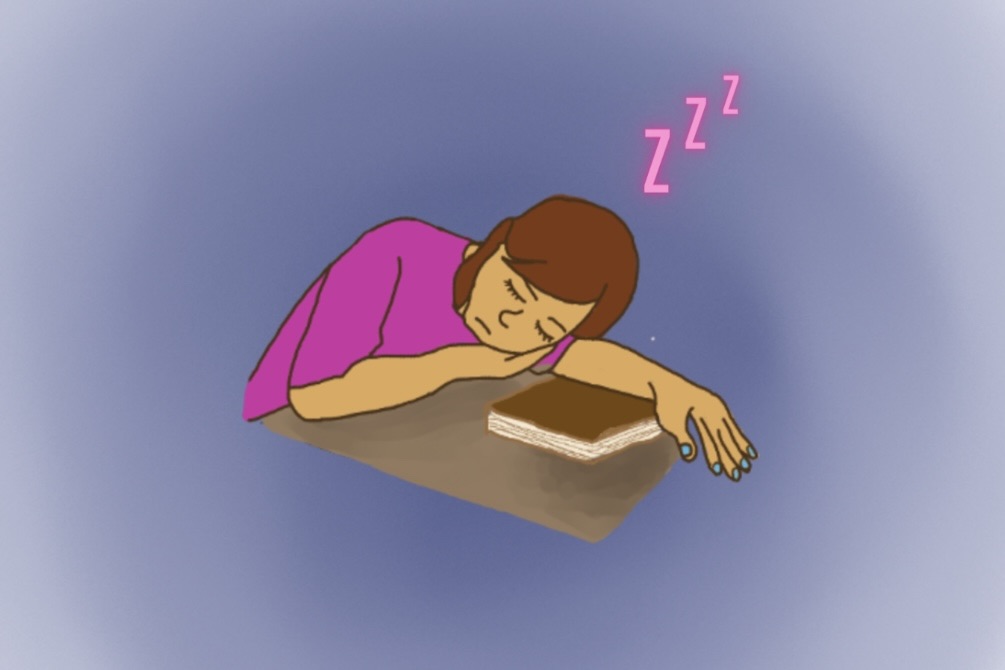
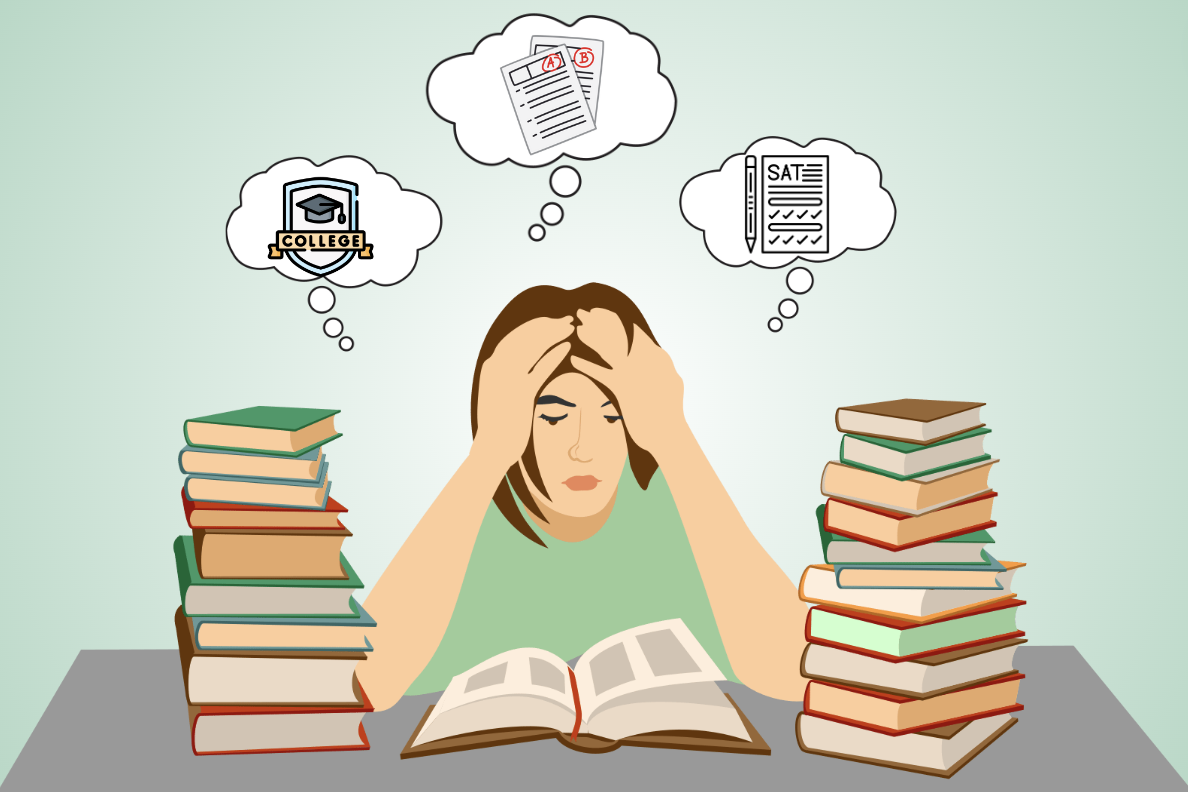
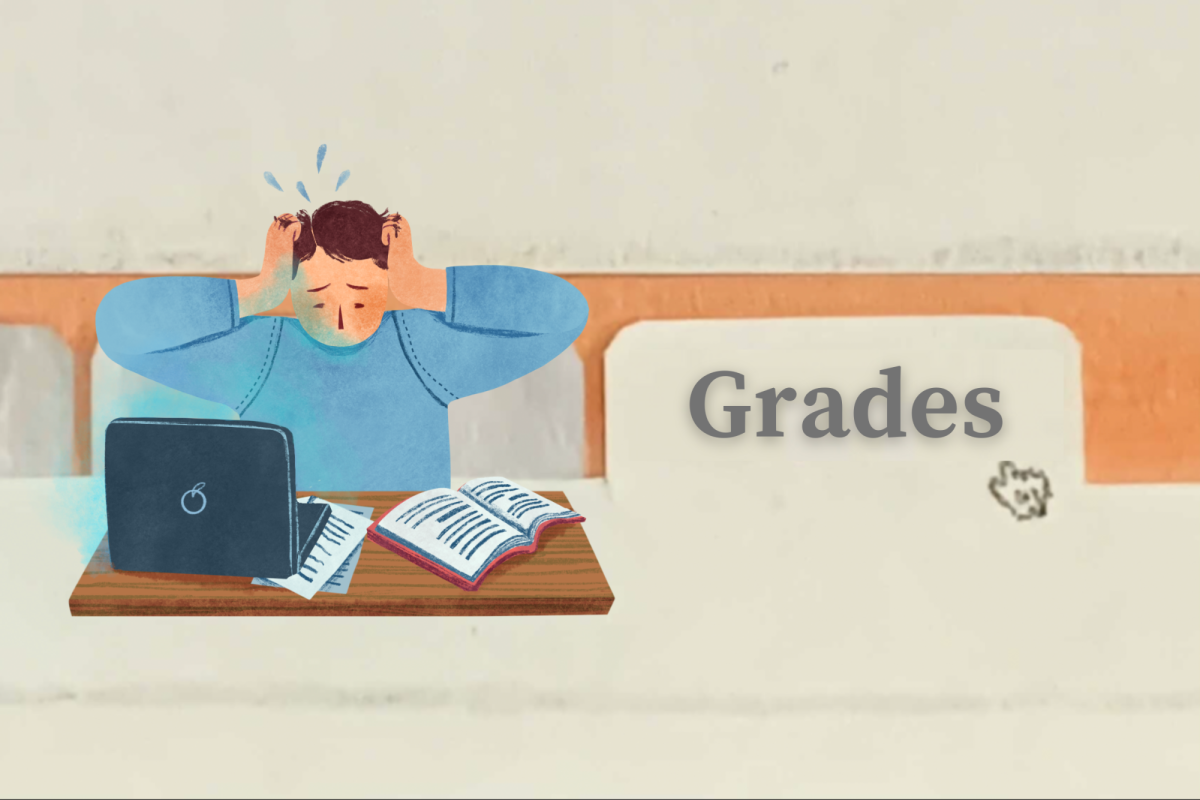















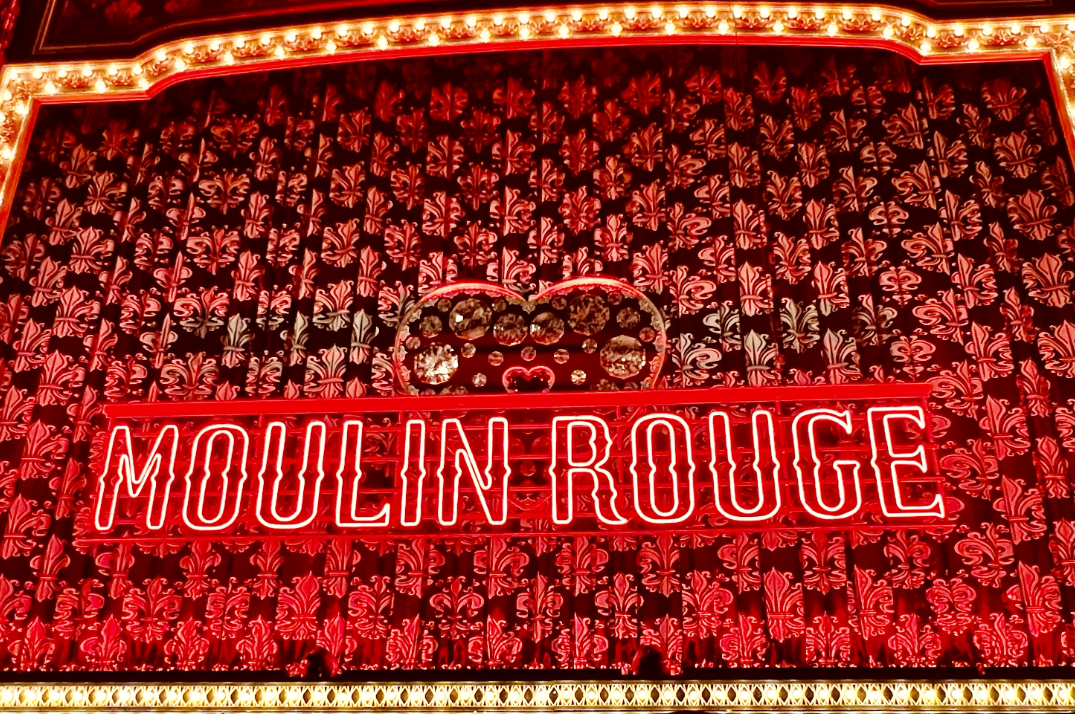









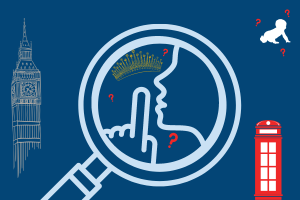











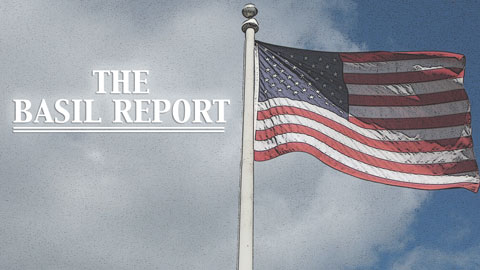
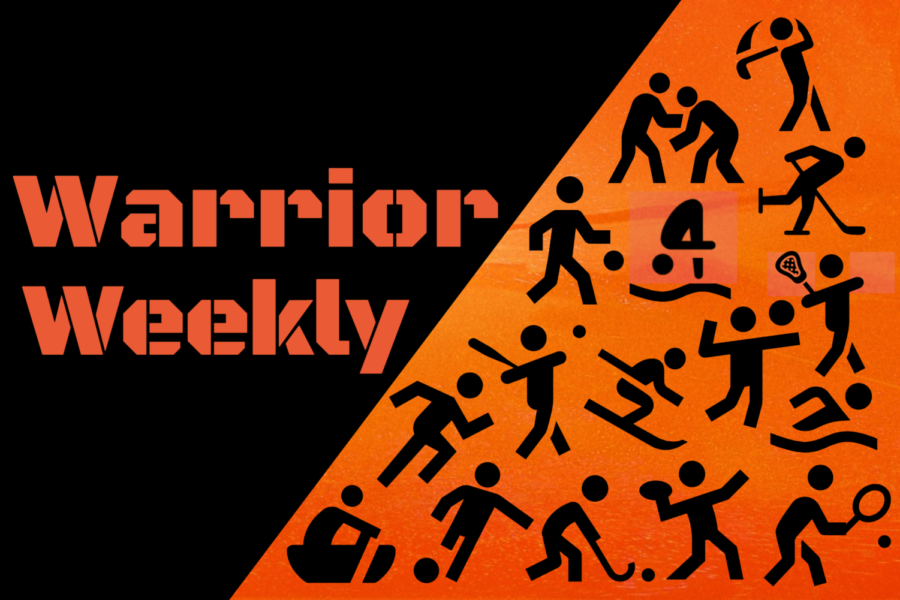
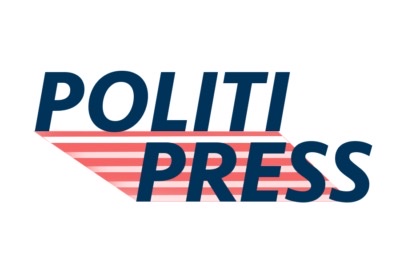


nobody • Sep 15, 2010 at 12:29 PM
I would like to point out that, in regard to your note that, "the Iraq War is entering the history books and the Afghan war is heating up," that there is no such thing as either the "Iraq War" or the "Afghan War." Did anyone high up in the US military, say the president, ever sign a declaration of war with either Iraq or Afghanistan? No. President Bush may have taken illegal militaristic action in Iraq, but that was over in three weeks. Right now we are fighting an ongoing "War on Terror," with the full support of the government of whichever country the US is occupying (mostly because we overthrew and how have to protect the new government).
Basil • Sep 16, 2010 at 6:23 PM
Semantics shmantics 😉